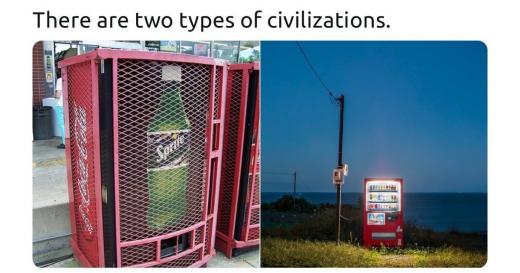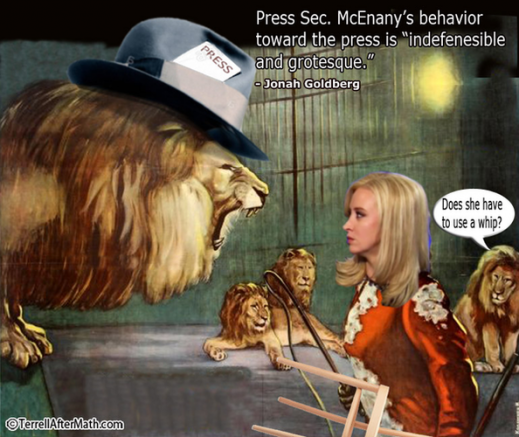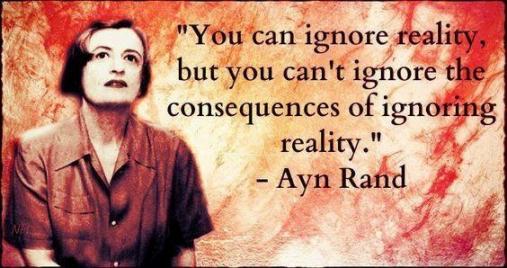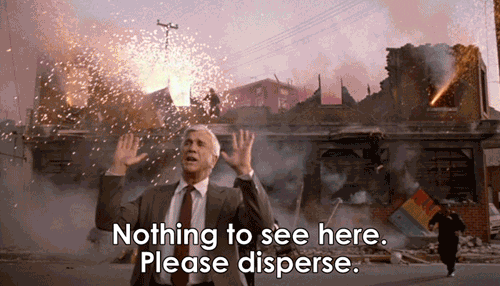Consensus is “the process of abandoning all beliefs, principles, values, and policies in search of something in which no one believes, but to which no one objects; the process of avoiding the very issues that have to be solved.”
Margaret Thatcher
The quote is from the first of the two following letters to the editor at The Australian published on May 29. Both letters are in relation to the approach being taken by The Government on industrial relations “reform”. I’ll come to those letters in a moment, but first want to mention The ACTU/ALP Accord which I spent a good deal of my working life in trying to contain its excesses. Yet the document was one of the most sensible documents ever undertaken in Australia.
Although he would be surprised to hear this, I have always admired Bill Kelty and especially for having directed the writing of the background document to the Accord that became the fulcrum that IR policy was to be based on. Following the Wage explosion in 1982, a union delegation had gone to Sweden and a number of other European countries where they had discussed how to raise workers’ wages and living standards. In Sweden, the trade unions had explained that their policy had been based around doing what they could to improve business productivity, which they recognised was the only way to raise real wages while also making jobs more secure. It was why so many outstanding international brand names originated in Sweden, brands such as H&M, Volvo and Electrolux. It was virtually the policy of the unions to foster business growth.
It also mattered that the Labor cabinet was filled with vast amounts of sound practical good sense, from the PM, through Paul Keating to Peter Walsh and even to this day from whom you can still hear its last last echoes, through Graham Richardson on Sky News. I fear that none of these could end up even on the back bench of a Labor Party Parliamentary party today.
I will also say that there was much too much dead weight in The Accord, such as the formalisation of full wage indexation (even with the “Medibank Pause”), and the Productivity Case of 1986 which led to the Superannuation Guarantee. But the recognition of the role of business as the vehicle for increasing living standards was miles ahead of the deadness from the neck up across the ACTU today. Sally McManus is the last person in the world to understand any of this or for the Government to trust. So to the letters from The Oz. First this:
Margaret Thatcher said that consensus was: “The process of abandoning all beliefs, principles, values, and policies in search of something in which no one believes, but to which no one objects; the process of avoiding the very issues that have to be solved.”
That’s what Scott Morrison’s plan to bring together unions, big business and governments will do — avoid the things that need to be done. We need significant deregulation, tax cuts and cheaper energy to encourage investment, energise small business, boost productivity and create jobs.
His proposed consensus group will lock in workplace regulations, stifle competition and siphon billions more from the productive parts of the economy to the unions.
And then this that followed next.
History shows the only chance for industrial relations reform is if it is at the initiative of a Labor government because a Labor government can count on the support of a Coalition opposition for worthwhile reforms.
Conversely, a Coalition government cannot count on the support of a Labor opposition that habitually opposes for the sake of opposing.
History also shows that Labor and the gaggle of odds and ends in the Senate will do anything to thwart a Coalition government even if it means damaging the public interest.
If the government thinks it can negotiate with the union movement without a goodly array of people from the employer side of the divide – and I especially mean Steve Knott of the Mines and Metals Association and others like him – then they will certainly be fleeced.
On the union side, the people who rise are those who start out inside an enterprise and at branch level, almost always because they gain the confidence of their co-workers, usually by being the most belligerent, find themselves elected show steward before moving higher. In this way, step by step, by gaining confidence of their peers and coming to be noticed by those above them in the union hierarchy, they gain more power and influence. Those that eventually get to the top are, through natural talent and further training, phenomenally persuasive, ideologically committed and as tough as nails. There is no room for sentimentality in any negotiation with a union. They know what they want – MORE – and what they are willing to give up to get it – NOTHING.
The only reform I am looking for is to make unions negotiate in good faith and an industrial relations system that will make both unions and employers adhere to their agreements. For a union leader also to understand the role of productivity in creating wealth and who wish to work with employers to achieve it are rare, but it is such union leaders that are an absolute necessity if real earnings are to grow along with an economy.


















